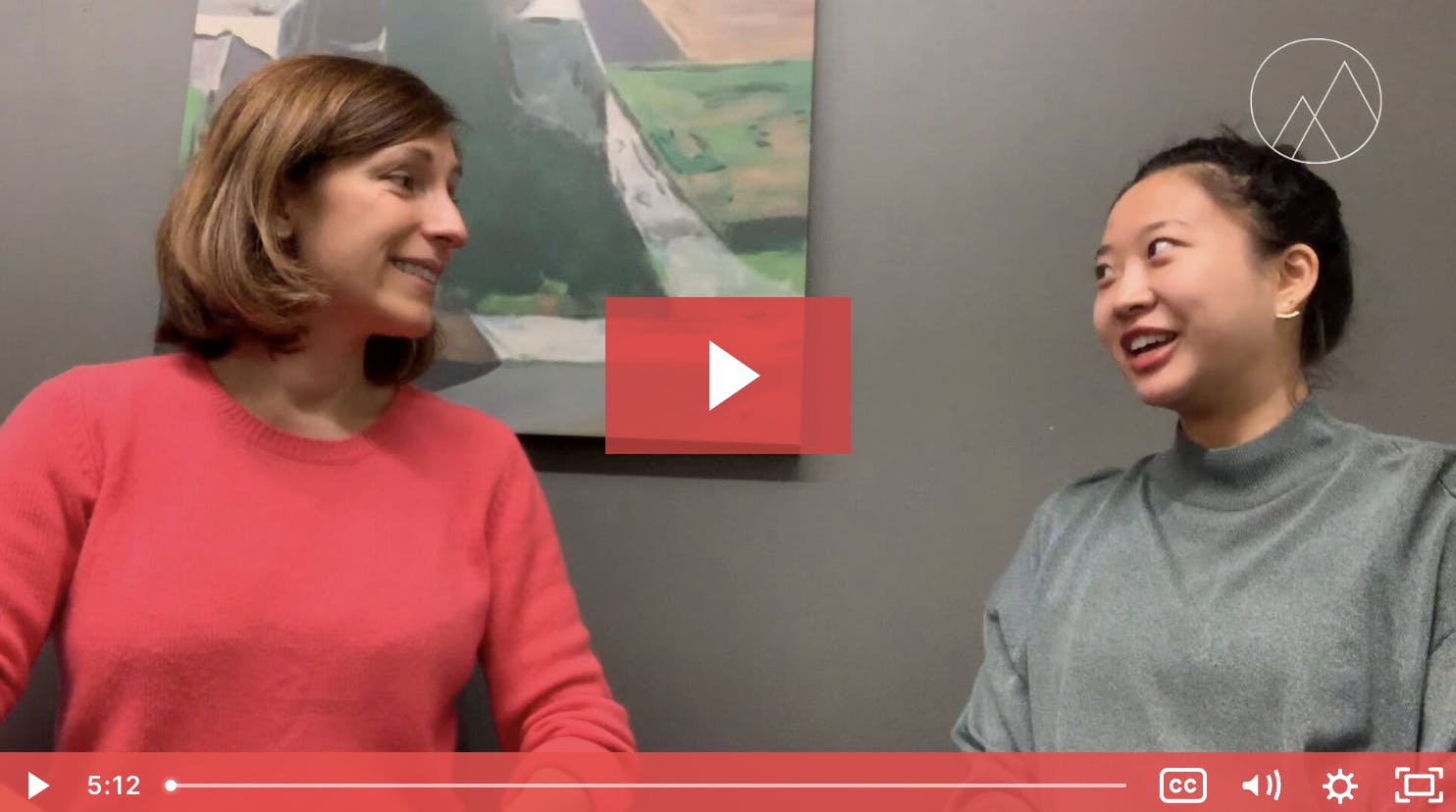Why High School Students Are Opting Out of University: Implications for the Future of Careers
In recent years, a notable trend has emerged among high school graduates: a growing number are choosing to forgo traditional university education in favor of alternative pathways. This decision reflects a significant shift in the landscape of education and careers, driven by various factors that resonate with the changing needs and aspirations of today’s youth.
1. Rising Costs of Higher Education
The soaring cost of university tuition is a primary concern for many students and their families. With student debt reaching alarming levels, many high school graduates are wary of incurring significant financial burdens for a degree that may not guarantee a lucrative job. Instead, they are exploring more affordable options, such as vocational training, apprenticeships, or entering the workforce directly.
2. Shift in Job Market Demand
The modern job market increasingly values skills over degrees. Many industries are experiencing a skills gap, where employers are seeking individuals with practical experience and specific competencies rather than formal qualifications. High school students are recognizing this trend and opting for pathways that provide hands-on training, such as coding boot camps or trade schools, where they can develop in-demand skills quickly.
3. Entrepreneurial Spirit
Today’s youth are more entrepreneurial than ever, driven by the allure of starting their own businesses or engaging in freelance work. With the rise of the gig economy and online platforms, students are encouraged to pursue their passions and monetize their skills outside of traditional employment structures. This entrepreneurial mindset often leads them to prioritize real-world experience over a lengthy academic journey.
4. The Impact of Technology
Technology is reshaping how we learn and work. Online courses, tutorials, and remote internships are widely accessible, enabling students to acquire knowledge and skills without the confines of a university setting. This flexibility allows them to tailor their education to their career aspirations and personal interests, making the traditional university experience seem less relevant.
Implications for the Future of Careers
The decision to opt out of university carries significant implications for the future workforce. As more students pursue alternative education paths, we may see a rise in skilled professionals who are job-ready from day one, benefiting employers seeking talent with practical experience. Additionally, the focus on skills over degrees may drive educational institutions to reevaluate their offerings, emphasizing experiential learning and partnerships with industries.
Moreover, this shift could lead to a more diverse range of career trajectories, as individuals forge unique paths tailored to their strengths and interests. The traditional narrative of a linear career path may evolve into a more fluid model, where continuous learning and adaptability become key components of professional success.
In conclusion, the increasing trend of high school students opting out of university is a reflection of broader changes in society, economy, and technology. While this decision poses challenges for traditional educational institutions, it also opens up new avenues for innovation and growth in the workforce. As we embrace these shifts, it is essential to support and celebrate diverse educational pathways that empower the next generation to thrive in an ever-evolving job market.
Reach out to BOLDLY to discuss our consulting services on career counselling or view more here
Looking for more resources?
Career counseling skills for hr
Importance of hr career counseling skills
Whats the difference between career counseling and career coaching?


